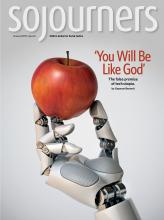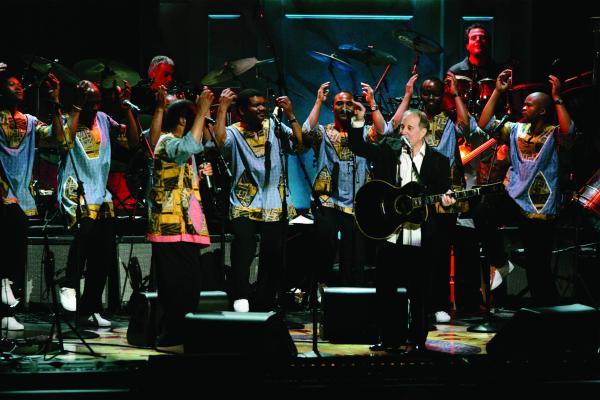ON SEPT. 22, 2018, Paul Simon took to an outdoor stage in his native borough of Queens, N.Y., for the last show of his aptly named “Homeward Bound” farewell tour. After 52 years near the top of the music business, Simon was finally ready to get off the bus for good. Simon’s not taking a vow of musical silence, but he does say that he has no plans for further work.
So, let’s take the man at his word and assume that this could be a good time to assess what the singer-songwriter has meant to his audiences, his country, and, in the end, the great march of human culture.
That may sound a little grandiose for a guy who started as a hack songwriter in the Brill Building pop factory and made his first record (with Art Garfunkel, of course) under the name “Tom and Jerry.” But after the whole “The Sound of Silence,” folk-rock thing passed, Simon went on a long, long run in which he often elevated the American pop song to the level of high art. And, from “America,” dropped into the maelstrom of 1968, to the Nixon era’s “American Tune,” to “Wristband” in the age of Trump, he occasionally even captured the spirit of his age in a memorable, hummable verse, chorus, and bridge.
In brief, the guy’s a genius. And, though he started in the era when singer-songwriters were supposed to be the new poets, his real genius turned out to be musical: those infectious tunes and, from the mid-’70s on, those propulsive rhythmic arrangements.
Read the Full Article

